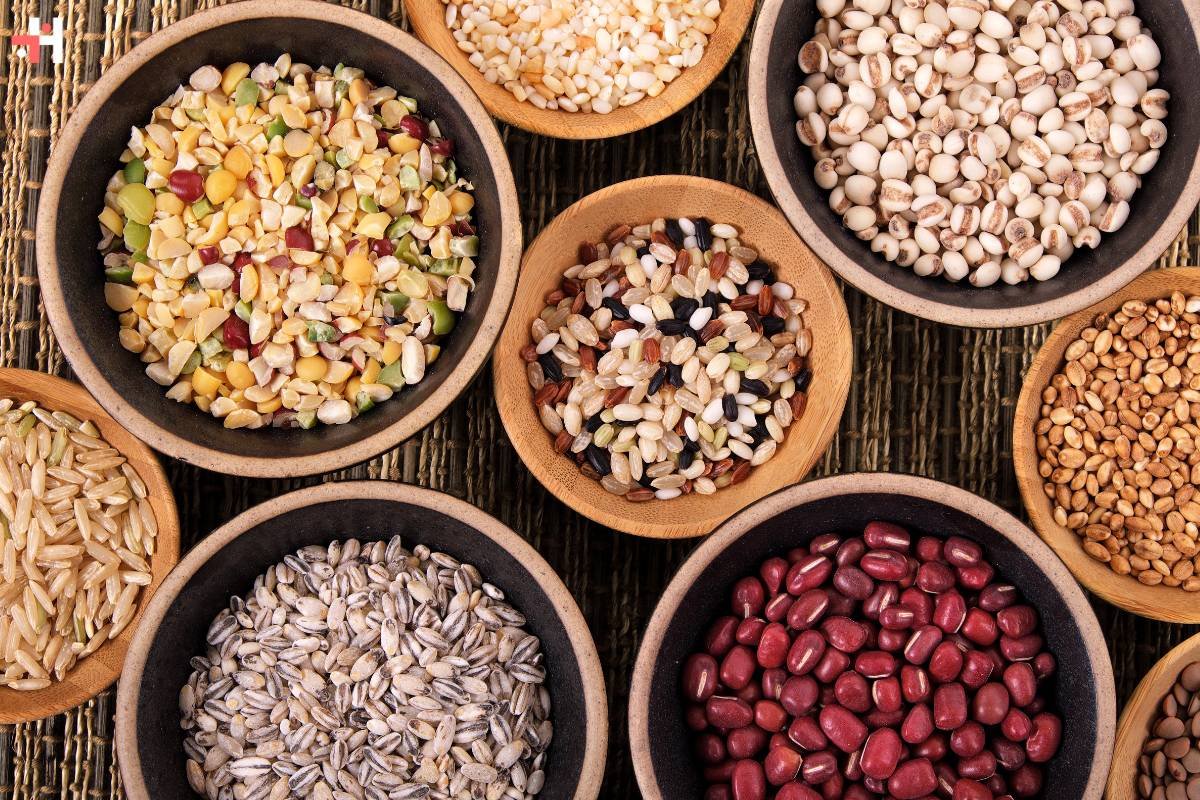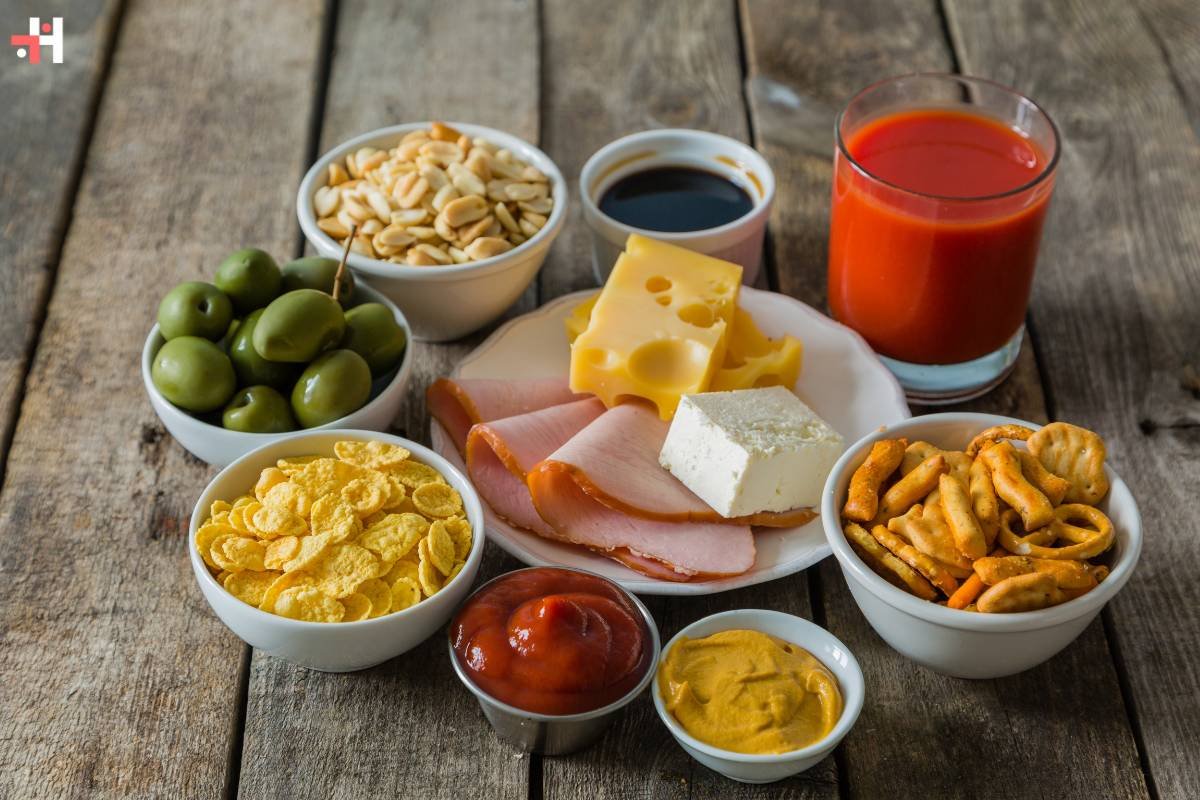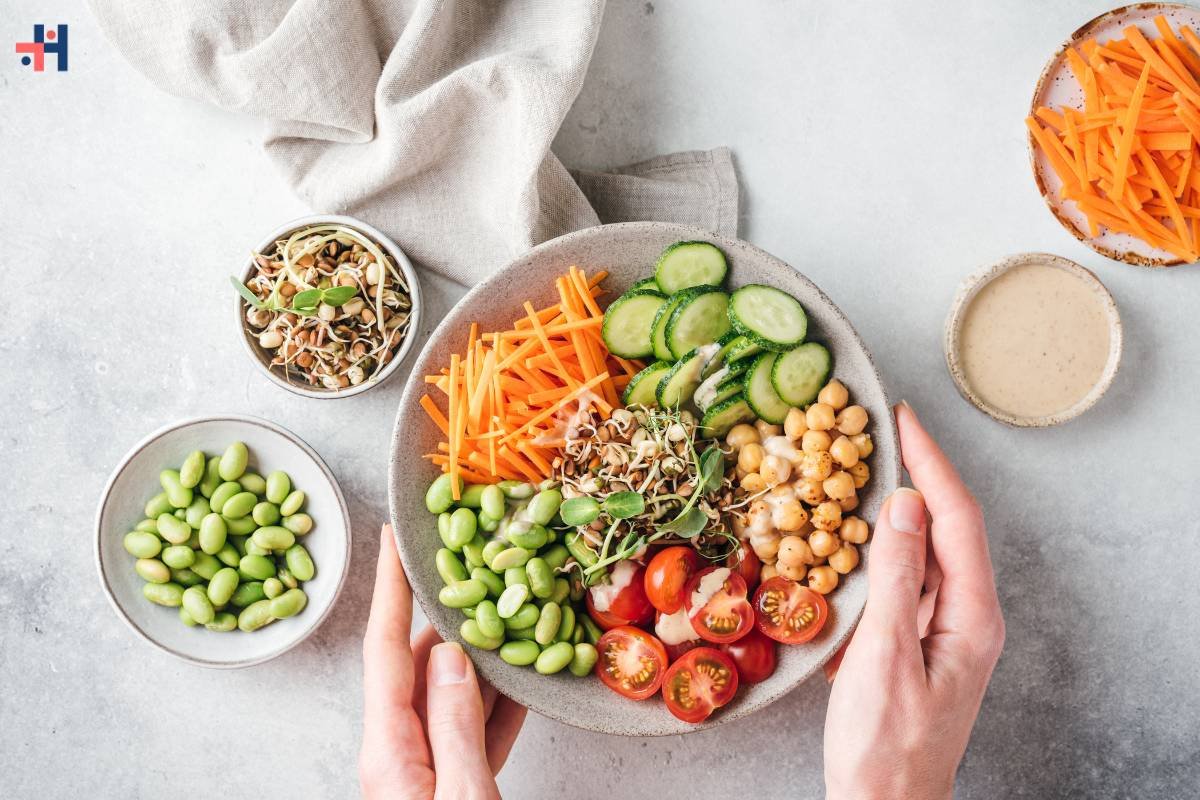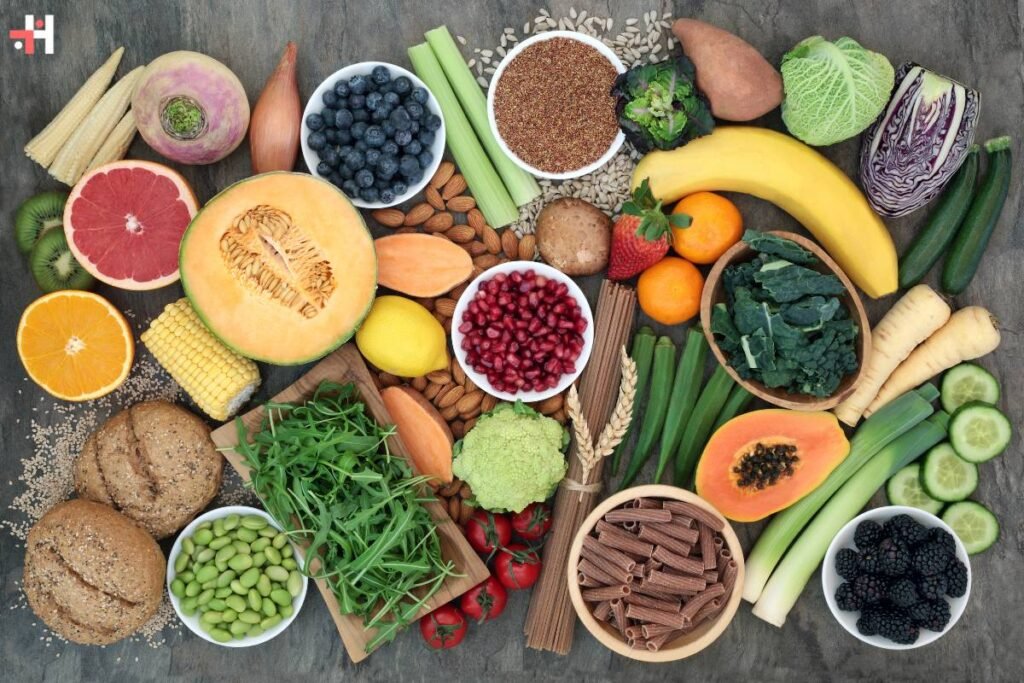Gastroesophageal reflux disease (GERD) is a chronic condition that affects millions of people worldwide. Characterized by frequent acid reflux, heartburn, and other uncomfortable symptoms, GERD can significantly impact daily life. However, managing GERD effectively often begins with making dietary changes. In this comprehensive guide, we’ll explore the ins and outs of the GERD diet, including foods to eat and avoid, lifestyle tips, and expert advice for managing symptoms and improving overall quality of life.
Understanding GERD:
GERD occurs when stomach acid flows back into the esophagus, causing irritation and inflammation of the lining. This can lead to symptoms such as heartburn, regurgitation, chest pain, difficulty swallowing, and coughing. While occasional acid reflux is normal, persistent or severe symptoms may indicate GERD. Factors such as obesity, hiatal hernia, pregnancy, and certain medications can increase the risk of developing GERD.
The Role of Diet in Managing GERD:
Diet plays a crucial role in managing GERD symptoms. Certain foods and beverages can trigger acid reflux and worsen symptoms, while others may help alleviate discomfort and promote healing. By making strategic dietary choices, individuals with GERD can minimize symptoms and improve their overall quality of life. Let’s delve into the specifics of the GERD diet and explore the best practices for eating to alleviate symptoms.

Foods to Eat on a GERD Diet:
- Lean proteins: Opt for lean cuts of poultry, fish, and tofu, which are less likely to trigger acid reflux.
- Non-citrus fruits: Enjoy fruits such as bananas, apples, melons, and pears, which are less acidic and gentler on the digestive system.
- Vegetables: Incorporate plenty of vegetables into your diet, including leafy greens, broccoli, cauliflower, and carrots, which are rich in vitamins, minerals, and fiber.
- Whole grains: Choose whole grains like oatmeal, brown rice, quinoa, and whole wheat bread, which provide essential nutrients and promote digestive health.
- Healthy fats: Include sources of healthy fats such as avocados, nuts, seeds, and olive oil in moderation to support overall health and satiety.
Foods to Avoid on a GERD Diet:
- Spicy foods: Avoid spicy dishes and condiments like hot sauce and chili peppers, which can trigger acid reflux and exacerbate symptoms.
- Citrus fruits: Steer clear of citrus fruits and juices like oranges, lemons, grapefruits, and tomatoes, which are highly acidic and can irritate the esophagus.
- High-fat foods: Limit consumption of fried foods, fatty meats, creamy sauces, and full-fat dairy products, as they can relax the lower esophageal sphincter (LES) and contribute to acid reflux.
- Carbonated beverages: Avoid carbonated drinks like soda and sparkling water, as they can increase gastric pressure and trigger reflux.
- Caffeine and alcohol: Minimize intake of caffeine and alcohol, as they can relax the LES and stimulate acid production, leading to heartburn and reflux.

Lifestyle Tips for Managing GERD Diet:
In addition to dietary changes, certain lifestyle modifications can help alleviate GERD symptoms and improve overall well-being. Consider implementing the following tips into your daily routine:
- Maintain a healthy weight: Excess weight can put pressure on the abdomen and increase the risk of acid reflux. Aim to achieve and maintain a healthy weight through a balanced diet and regular exercise.
- Eat smaller meals: Instead of large, heavy meals, opt for smaller, more frequent meals throughout the day to prevent overeating and reduce pressure on the stomach.
- Avoid lying down after eating: Wait at least two to three hours after eating before lying down or going to bed to allow food to digest properly and prevent acid reflux.
- Elevate the head of your bed: Raise the head of your bed by 6 to 8 inches by placing blocks under the bed frame or using a wedge-shaped pillow to reduce nighttime reflux.
- Practice stress management: Stress can exacerbate GERD symptoms, so incorporate stress-reducing activities such as yoga, meditation, deep breathing exercises, or massage therapy into your routine.

Expert Advice for Managing GERD Diet:
Consulting with a healthcare professional is essential for effectively managing GERD. Your doctor or gastroenterologist can provide personalized recommendations based on your individual needs and medical history. In addition to dietary and lifestyle changes, they may recommend medications such as proton pump inhibitors (PPIs), H2 receptor antagonists, or antacids to help control symptoms and prevent complications. Regular monitoring and follow-up appointments are crucial for assessing treatment effectiveness and making adjustments as needed.
Also Read: Embracing a Plant-Based Diet for a Sustainable Tomorrow
Conclusion:
Managing GERD requires a multifaceted approach that includes dietary modifications, lifestyle changes, and medical intervention. By following a GERD diet, avoiding trigger foods, and implementing healthy habits, individuals can minimize symptoms, improve quality of life, and promote long-term digestive health. Remember to consult with a healthcare professional for personalized advice and treatment recommendations tailored to your specific needs. With the right strategies in place, you can take control of your GERD and enjoy a happier, healthier life.










